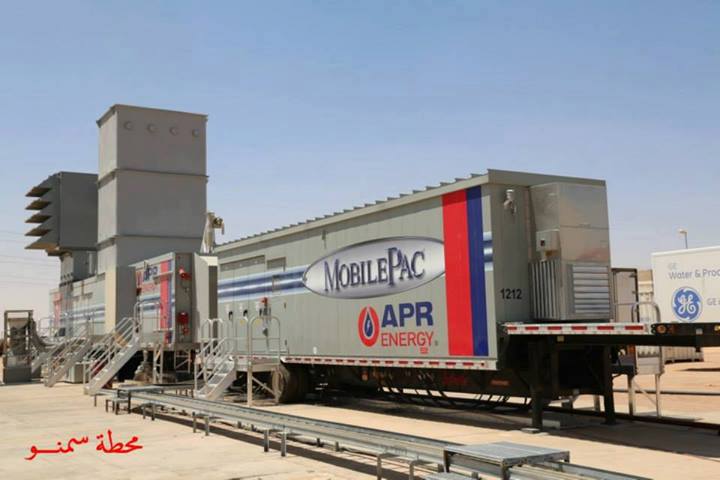Ashraf Abdul Wahab and Seraj Essul.
Tripoli, 29 August 2013:
Parts of Libya are being hit by waves of power cuts. Large areas of . . .[restrict]Tripoli were today without power for several hours. In Sebha locals complained that they have been suffering three-hour cuts every day and further south, the outages reportedly lasted for up to five hours.
One angry Sebha resident, Alhousain Mohamed, told the Libya Herald that in his view it was not just state power supplier GECOL that was to blame for the cuts. “You have people with their lights and air-conditioning on throughout the day and they don’t pay their electricity bills”. He added that Sebha’s problems had not been helped by a firefight on Wednesday, which had resulted in damage to a local transformer.
People living in and around Zawia, within site of the country’s largest power station, the 1440MW combined cycle plant outside the town, were themselves hit by power cuts. One resident, who asked not to be named, said that the electricity was failing four or five times every day, but rarely for longer than an hour at any one time.
Though despite repeated attempts, GECOL could not be reached today for comment, it seems that the Zawia generating sets can no longer run full time, because the pipeline that brings their fuel, has been blocked, supposedly by Zintanis, protesting Libya’s security and political situation.
With the Tripoli West (350MW) and South (500MW) power stations and the West Mountain (624MW), along with two power plants at Khoms together producing 1,000MW, the west of the country has an installed generating capacity of some 3,900MW, out of Libya’s total notional power production of 5,270MW.

US temporary power supply company APR last month finished connecting up 250MW of temporary extra capacity to the 50MW Furnaj power station. The dual-fuel generators would, said Electricity Minister Ali Muhairig, give enough power, unless the temperature went over 45C.
According to GECOL figures the Tripoli and Tripoli West regions of the country account for just over half of all national power consumption, with Benghazi using less than 15 percent.
As temperatures climbed today to new summer highs, tempers were hardly less hot. Perhaps that was why GECOL chose the current power failures as the moment to give some idea of the challenges it faces. The company said that it had suffered material losses of over LD1 billion through theft and vandalism and the refusal of customers to pay their bills. It added that the stealing of valuable copper wiring and damage to local transformers was responsible for some interruptions in the electricity supply. [/restrict]









